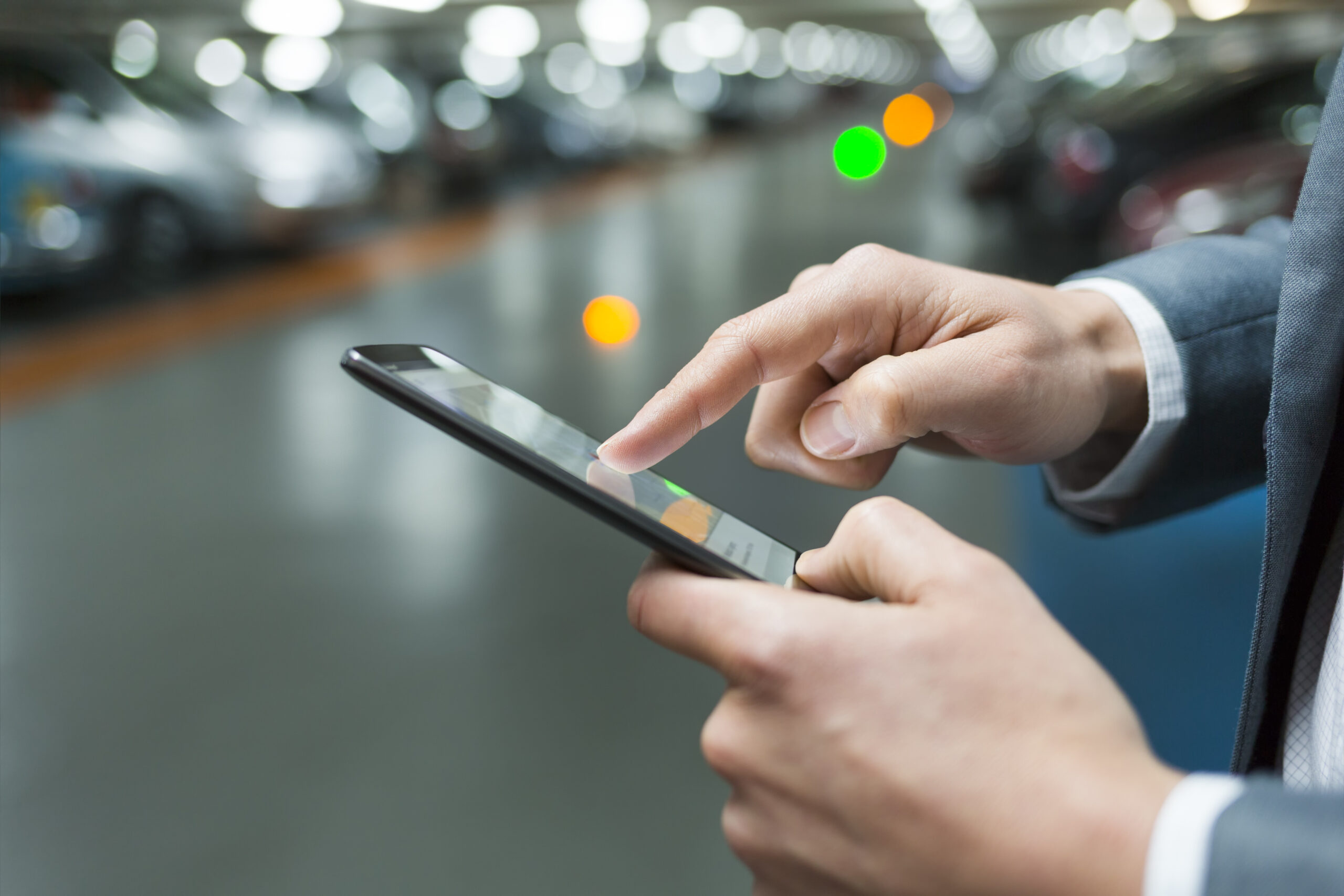Solutions
Our products
Case studies
Solutions
Our products
Case studies
Case studies
ALD: Bespoke app development
August 23, 2022
ALD is the leader in the vehicle leasing and fleet management market in Luxembourg, with a market share of nearly 30%.
Founded in 1985, ALD Automotive Luxembourg has been offering high-performance and innovative mobility solutions for more than 30 years.
About ALD:
In Luxembourg, ALD Automotive is seen as the mobility partner for long-term customer support. The company currently provides operational leasing services for a fleet of over 14,500 vehicles and offers a separate short-term fleet of 1,000 vehicles for companies’ ad hoc and immediate needs, with or without a leasing contract.
The starting point:
ALD has been a trusted Fleetback customer since 2018 and their Audit solution subscription, which enables them to perform digital vehicle checks easily and quickly. In 2020, driven by their need to know the exact location of each of their over 1,000 vehicles in their 25,000 square meters Car Centre in real time, they came to Fleetback to ask about the development of a real-time locating system.
Here’s what Ashmat Parwany, the Software Engineer on the project, has to say:
1. What was the goal of the project, and how does it work?
The goal was to create a precise workflow for ALD employees to follow, so that they can easily and maybe even more importantly quickly find the cars. So now, employees can simply locate a car thanks to tags placed inside, and which are visible on the web application we developed for them. The application pinpoints the exact location of the tag, and hence the car, on a map, so you can then just go there. Going to the car actually takes longer than finding it now, which was definitely not the case before we provided this solution.
On top of that, we provide a fleet management tool, because once you have the data, why let it sleep? Better do something with it! So basically, each time a car leaves the site, its status is automatically updated, so everyone knows if a car is available in real time. And then we provide statistics on any metrics they want, so they can adjust their internal processes as needed.
For us, it’s also a way to complete our offer, and make sure we’re always ahead in terms of innovation. It’s part of our company culture, it’s important for us. And those features are only the beginning, as there’s a world of possibilities lying in using a real-time locating system.
2. Why were you chosen to lead the project?
During the research and development phase, the need arose to have what we call full stack expertise on mobile, web and cloud development. The flexibility and patience to explore new technologies also played big role. As a young graduate, I was given the chance to prove myself to lead the way on creating a new facet of Fleetback’s product, which fits our mindset of always delivering innovative, top-notch material. Working on this project really helped me grow not only my technical skills but also opened a door on learning project management skills which came in very handy for this project.
3. What was the challenge?
Many challenges sit on the path to create a reliable product when exploring new technologies; during the research and development phase, it was crucial to find a reliable partner to work with for both the hardware and logistics, as it represents the laying foundation for the rest. We’ve been very lucky to find Pozyx. We liked their confidence in their product, and the enthusiasm they showed about our ideas also convinced us they were “the one”.
Another challenge was to respect the geographical and infrastructure constraints, which may be different considering the site and may affect planning. A lot of small details come into consideration when dealing with this kind of project.
After a first implementation using Bluetooth technology, we conducted a migration using Ultrawide Band technology, which is a drastic upgrade on the accuracy it’s proposing (10 cm). The biggest challenge here is to optimize the costs as much as possible while migrating the hardware, because changing technology adds a lot of new constraints into the equation, like the amount of hardware and infrastructure needed.
4. Any last words about that project?
I’d say it was a challenging but very fun project. It felt creative, because we developed something from scratch, and it’s nice to work with external partners as well, such as Pozyx. All in all, I’m very satisfied.


